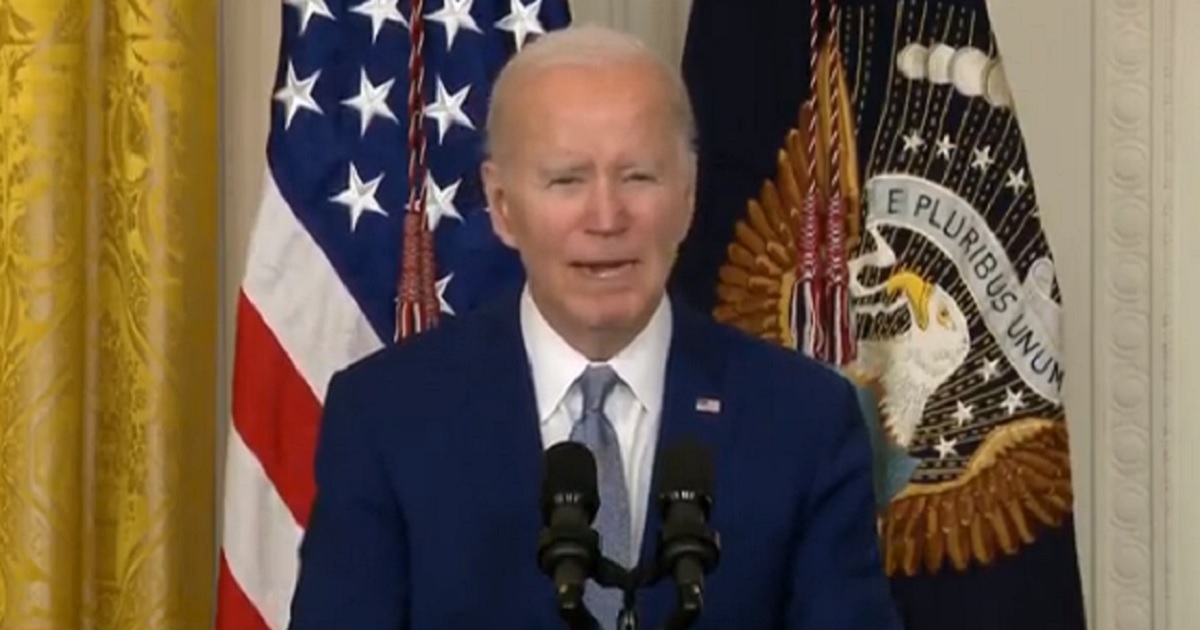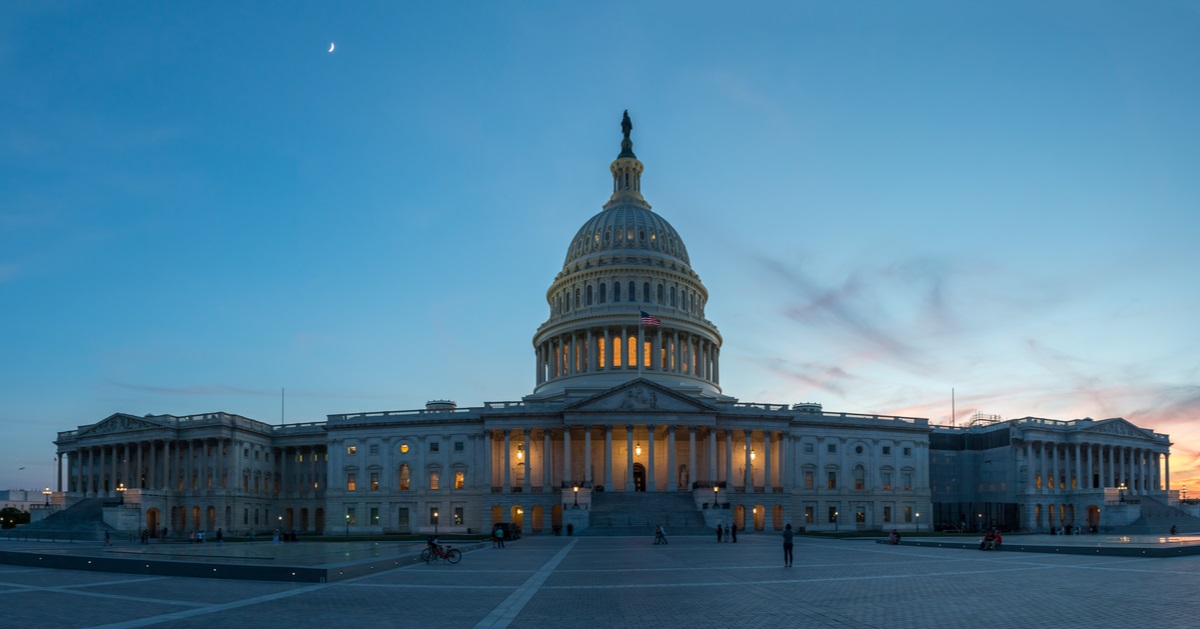Supreme Court Upholds CFPB Funding Model, Backing Sen. Warren's Vision
In an authoritative decision this Thursday, the U.S. Supreme Court declared the funding mechanism of the Consumer Financial Protection Bureau (CFPB) constitutional, embodying a significant win for proponents of this type of financial regulation.
The verdict ensures that the CFPB, a brainchild of Sen. Elizabeth Warren (D-MA), will continue drawing operational funds directly from the Federal Reserve System, bypassing the traditional congressional appropriations process, as Fox News reports.
The decision, authored by Justice Clarence Thomas, ended with a decisive 7-2 vote in favor of maintaining the bureau's unique financial structure.
The Consumer Financial Protection Bureau, conceptualized by Warren in the aftermath of the 2008 financial crisis, serves as a watchdog over banking and lending institutions. It was established to offer stringent oversight and protect consumers from financial irregularities and abuse.
The judicial dispute originated from a challenge led by banking associations, represented by former solicitor general Noel Francisco.
The associations contended that the bureau's method for securing funding was unconstitutional, arguing that it bypassed the necessary checks and balances typically provided by Congressional oversight.
Details of the Constitutional Debate Over CFPB
According to the banking associations, the CFPB’s approach to funding violated the Appropriations Clause of the U.S. Constitution. They believed that allowing the bureau to autonomously determine its funding from the Federal Reserve could set a dangerous precedent, potentially undermining the democratic oversight of financial matters.
However, the majority of the Supreme Court, led by Justice Thomas, provided a different perspective. The decision clarified that the Appropriations Clause only requires Congress to specify a funding source and authorize its use for distinct purposes. Justice Thomas underscored in his opinion, "For most federal agencies, Congress provides funding on an annual basis. The Consumer Financial Protection Bureau is different."
In his judicial reasoning, Justice Thomas further elaborated that the CFPB’s funding model adequately met these requirements, as it had been specifically sanctioned by Congress to draw funds from the Federal Reserve, thereby aligning with the constitutional mandate.
Strong Opposition from Justices Alito and Gorsuch
Despite the majority opinion, Justices Samuel Alito and Neil Gorsuch presented a robust dissent. They argued that the funding scheme enabled the CFPB to finance its agenda without sufficient congressional oversight, potentially encroaching on the powers reserved for the legislative branch.
Justice Alito lamented, "The Court upholds a novel statutory scheme under which the powerful [CFPB] may bankroll its agenda without any congressional control or oversight."
Alito warned of the ramifications of such a decision, emphasizing that it diverged from the historical and original intent of the Appropriations Clause. He expressed concerns that the ruling might allow executive agencies unchecked access to funds, which could lead to significant constitutional and practical issues.
Concluding his dissent, Alito stated, "There are times when we have to say simply that a law that blatantly attempts to circumvent the Constitution goes too far. This is such a case."
Implications of the Supreme Court's Decision
This ruling not only solidifies the operational framework of the CFPB but also sets a precedent regarding the funding of federal agencies.
It stands as an example of the Court's interpretation of the Appropriations Clause in modern governance, highlighting a balance between autonomy and oversight.
The decision has sparked a broad spectrum of reactions, ranging from acclaim by supporters of strong consumer protections to criticism from advocates of strict constitutional adherence and enhanced congressional oversight.
In essence, the Supreme Court’s validation of the CFPB’s funding mechanism not only upholds its current operational model but also significantly influences the future discourse on governmental funding and regulatory authority.
The outcome reflects the continuing evolution of the relationship between the different branches of the U.S. government in the context of administrative law and financial regulation.





